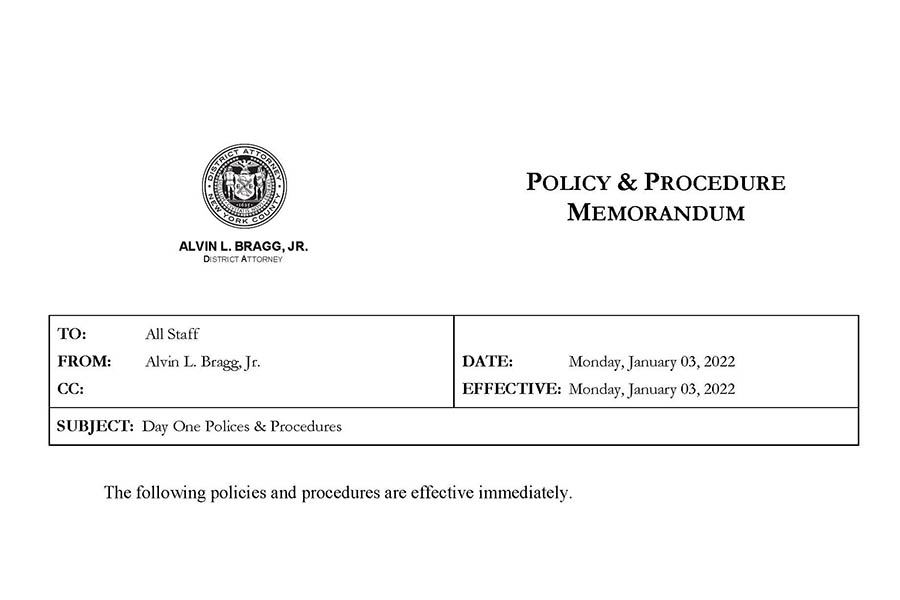I previously wrote about the ever-declining number of federal criminal trials1 due to the trial penalty: the additional months or even years added to a sentence after a conviction at trial, as compared to resolving the case by a plea agreement. This article focuses on another factor contributing to the trial penalty: punishment based upon acquitted conduct.

While this is surprising and even shocking to most people, it is not uncommon. Allowing this to happen only contributes to the trial penalty and infringes on our Fifth and Sixth Amendment guarantees of due process and the right to a jury trial. Justices Scalia, Ginsburg and Thomas have each noted that the practice of sentencing based on acquitted conduct “has gone on long enough” and likely violates the Sixth Amendment.
Fortunately, respected United States senators from both sides of the aisle have sponsored the “Prohibiting Punishment of Acquitted Conduct Act of 2019.” Senators Durbin, Grassley, Leahy, Tillis, Booker and Lee introduced the bill on September 26th. Respected organizations such as the NACDL (National Association of Criminal Defense Lawyers), the ACLU (American Civil Liberties Union), Aleph Institute, and others have lent their support to the proposal to amend Title 18 U.S.C. Section 3661 and thus limit the use of acquitted conduct at sentencing. Hopefully Congress will pass this bill and end the draconian practice that serves only to enhance the trial penalty for those asserting their right to trial.
[1] See Plea Bargaining in the Federal System and The Financial Realities of the Criminal Justice System
Stahl Gasiorowski Criminal Defense Lawyers aggressively defend individuals charged with complex federal and state crimes. Founder Robert G. Stahl is recognized as one of the top criminal defense attorneys in the NY/NJ area for his skills, knowledge and success. To contact the firm, call 908.301.9001 for the NJ office and 212.755.3300 for the NYC office, or email Mr. Stahl at rgs@sgdefenselaw.com.



Leave A Comment